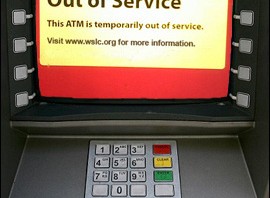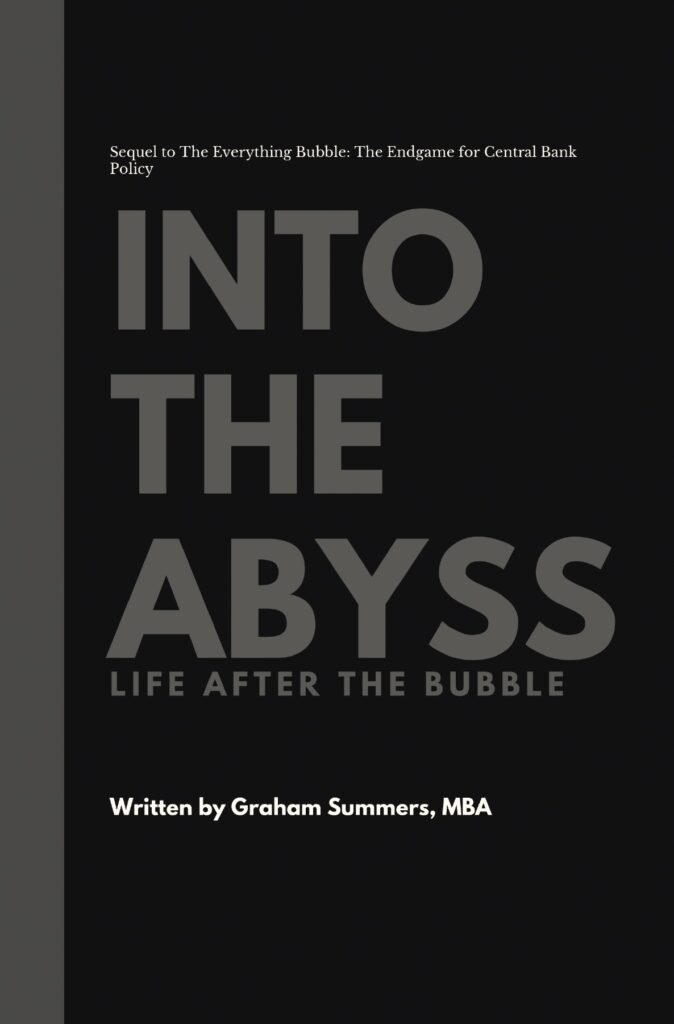In the last 24 months, Canada, Cyprus, New Zealand, the US, the UK, and now Germany have all implemented legislation that would allow them to first FREEZE and then SEIZE bank assets during the next crisis.
These moves will be sold as “for the public’s good,” when they happen. But the reality is that it’s all about stopping people from moving their capital into actual physical cash.
The whole template for this was set out in Cyprus in 2013. The quick timeline for what happened in Cyprus is as follows:
- June 25, 2012: Cyprus formally requests a bailout from the EU.
- November 24, 2012: Cyprus announces it has reached an agreement with the EU the bailout process once Cyprus banks are examined by EU officials (ballpark estimate of capital needed is €17.5 billion).
- February 25, 2013: Democratic Rally candidate Nicos Anastasiades wins Cypriot election defeating his opponent, an anti-austerity Communist.
- March 16 2013: Cyprus announces the terms of its bail-in: a 6.75% confiscation of accounts under €100,000 and 9.9% for accounts larger than €100,000… a bank holiday is announced.
- March 17 2013: emergency session of Parliament to vote on bailout/bail-in is postponed.
- March 18 2013: Bank holiday extended until March 21 2013.
- March 19 2013: Cyprus parliament rejects bail-in bill.
- March 20 2013: Bank holiday extended until March 26 2013.
- March 24 2013: Cash limits of €100 in withdrawals begin for largest banks in Cyprus.
- March 25 2013: Bail-in deal agreed upon. Those depositors with over €100,000 either lose 40% of their money (Bank of Cyprus) or lose 60% (Laiki).
The most important thing I want you to focus on is how lies and propaganda were spread for months leading up to the collapse. Then in the space of a single weekend, the whole mess came unhinged and accounts were frozen.
One weekend. The process was not gradual. It was sudden and it was total: once it began in earnest, the banks were closed and you couldn’t get your money out (more on this in a moment).
There were no warnings that this was coming because everyone at the top of the financial food chain are highly incentivized to keep quiet about this. Central Banks, Bank CEOs, politicians… all of these people are focused primarily on maintaining CONFIDENCE in the system, NOT on fixing the system’s problems. Indeed, they cannot even openly discuss the system’s problems because it would quickly reveal that they are a primary cause of them.
For that reason, you will never and I repeat NEVER see a Central banker, Bank CEO, or politician admit openly what is happening in the financial system. Even middle managers and lower level employees won’t talk about it because A) they don’t know the truth concerning their institutions or B) they could be fired for warning others.
Please take a few minutes to digest what I’m telling you here. You will not be warned of the risks to your wealth by anyone in a position of power in the political financial hierarchy (with the exception of folks like Ron Paul who are usually marginalized by the media).
Moreover, when the Crisis DOES hit, it will be much much harder to get your money out.
Consider the recent regulations implemented by SEC to stop withdrawals from happening should another crisis occur.
The regulation is called Rules Provide Structural and Operational Reform to Address Run Risks in Money Market Funds. It sounds relatively innocuous until you get to the below quote:
Redemption Gates – Under the rules, if a money market fund’s level of weekly liquid assets falls below 30 percent, a money market fund’s board could in its discretion temporarily suspend redemptions (gate). To impose a gate, the board of directors would find that imposing a gate is in the money market fund’s best interests. A money market fund that imposes a gate would be required to lift that gate within 10 business days, although the board of directors could determine to lift the gate earlier. Money market funds would not be able to impose a gate for more than 10 business days in any 90-day period…
Also see
Government Money Market Funds – Government money market funds would not be subject to the new fees and gates provisions. However, under the proposed rules, these funds could voluntarily opt into them, if previously disclosed to investors.
http://www.sec.gov/News/PressRelease/Detail/PressRelease/1370542347
In simple terms, if the system is ever under duress again, Money market funds can lock in capital (meaning you can’t get your money out) for up to 10 days. If the financial system was healthy and stable, there is no reason the regulators would be implementing this kind of reform.
This is just the start of a much larger strategy of declaring War on Cash.
Indeed, we’ve uncovered a secret document outlining how the Fed plans to incinerate savings to force investors away from cash and into riskier assets.
We detail this paper and outline three investment strategies you can implement
right now to protect your capital from the Fed’s sinister plan in our Special Report
Survive the Fed’s War on Cash.
We are making 1,000 copies available for FREE the general public.
To pick up yours, swing by….
http://www.phoenixcapitalmarketing.com/cash.html
Best Regards
Phoenix Capital Research





